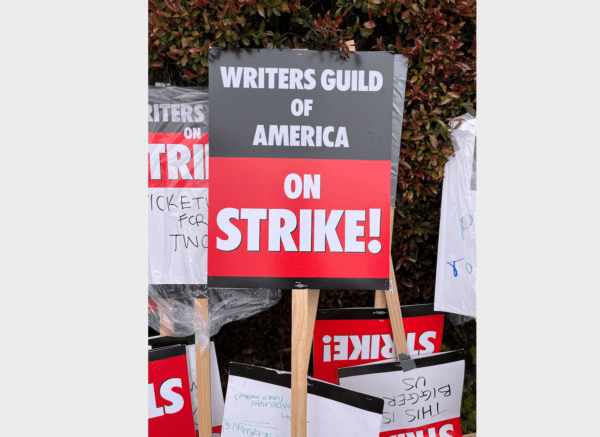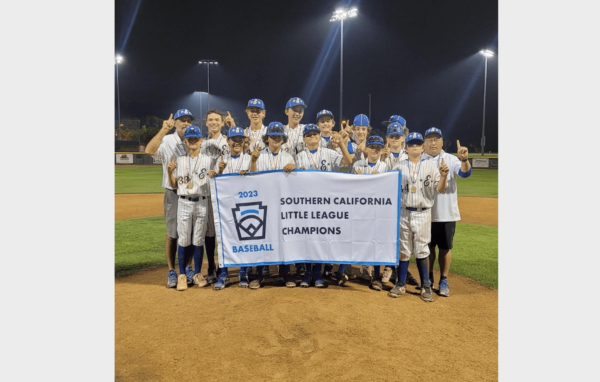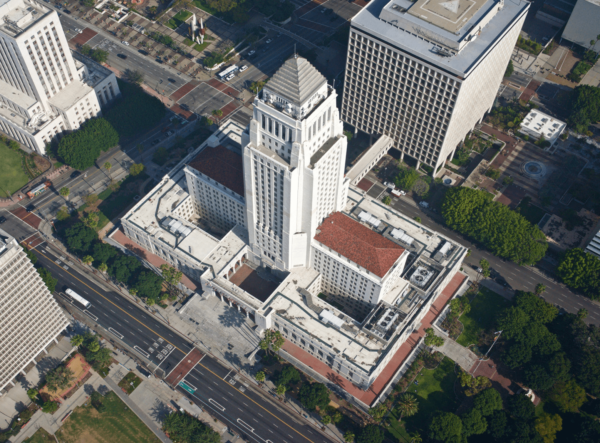The Writers Guild of America and representatives of Hollywood studios held their first negotiating session Friday since the union went on strike May 2, and while no specifics were released, the WGA told its members that studios offered a “counterproposal” to union demands.
“We will evaluate their offer and, after deliberation, go back to them with the WGA’s response next week,” the union’s negotiating committee wrote in a message to members Friday afternoon.
The union, however, did not disclose any details about the counterproposal offered by the Alliance of Motion Picture and Television Producers, which represents the studios.
“Sometimes more progress can be made in negotiations when they are conducted without a blow-by-blow description of the moves on each side and a subsequent public dissection of the meaning of the moves,” according to the WGA negotiating committee. “That will be our approach, at least for the time being, until there is something of significance to report, or unless management uses the media or industry surrogates to try to influence the narrative.”
The committee urged members in the meantime to continue their presence on picket lines, along with members of the striking SAG-AFTRA actors’ union.
Friday’s resumption of talks was the first glimmer of hope in three months of a possible break in the labor stalemate that has essentially shut down production and brought the entertainment industry to a halt.
There was no official statement from the AMPTP about Friday’s talks.
On Wednesday, the WGA marked the 100th day of its strike — matching the duration of the union’s last walkout in 2007-08.
Last Friday, WGA leaders met with AMPTP leadership to discuss a possible resumption of talks. According to the WGA, that discussion showed the two sides remain far apart on several key issues, including success-based residuals for streaming content.
In a message to WGA members late week, negotiators said the studios appeared willing to increase some compensation levels and were at least “willing to talk” about the use of artificial intelligence.
The last WGA strike, which lasted from November 2007 to February 2008, was estimated to have cost the local economy between $2 billion and $3 billion.
The impact of the current walkout is expected to be far worse, with the WGA now joined by actors on the picket lines for the first double-barreled strike to hit Hollywood in 63 years. The SAG-AFTRA actors union went on strike July 14.
The WGA is pushing for improvements on a variety of fronts, notably for higher residual pay for streaming programs that have larger viewership, rather than the existing model that pays a standard rate regardless of a show’s success.
The union is also calling for industry standards on the number of writers assigned to each show, increases in foreign streaming residuals and regulations preventing the use of artificial intelligence technology to write or rewrite any literary material.
The AMPTP has pushed back against some of the WGA’s demands, particularly around its calls for mandatory staffing and employment guarantees on programs. AMPTP has also pushed back against WGA demands around streaming residuals, saying the guild’s offer would increase rates by 200%.
The use of artificial intelligence has emerged as a major topic. The WGA says it wants a ban on the use of AI, and contends the AMPTP has refused to even negotiate the issue. The AMPTP said the issue raises “important creative and legal questions” and requires “a lot more discussion, which we’ve committed to doing.”







